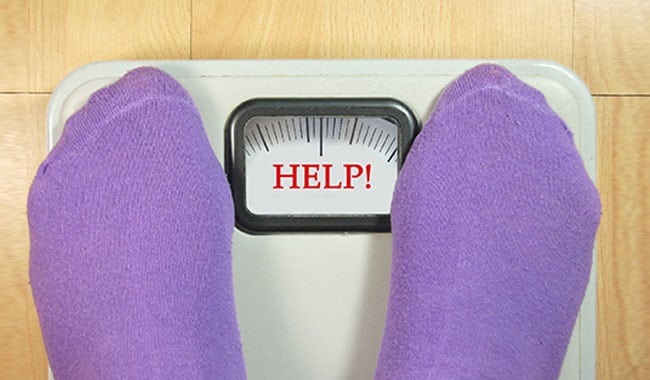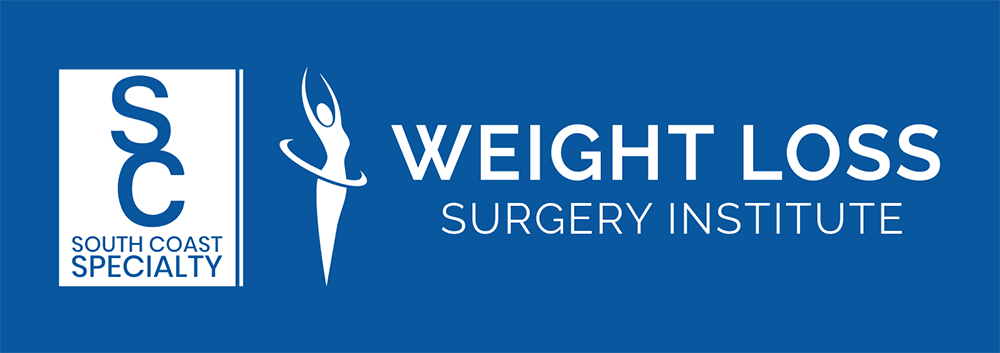
Learn more about how gastric bypass helps to reduce health risks for obese patients.
The Centers for Disease Control in Atlanta report that more than one-third of the American population suffers from obesity. As one of the fastest growing health epidemics in the country, obesity costs the American public billions of dollars each year in medical costs and also puts the lives of those who suffer from it in grave danger.
- To combat this serious yet curable condition, doctors around the U.S. continue to offer procedures like gastric bypass that could help seriously obese patients lose weight and enjoy better health
- Patients can determine if this procedure is right for them by learning what gastric bypass is and what benefits it can offer them post-operatively
What is Gastric Bypass?
Gastric bypass is a surgical procedure that reduces the size of a patient’s stomach. This reduction occurs when the surgeon uses staples to divide the stomach into two portions. The upper smaller portion, which is the size of a walnut, is called the pouch and is where a patient’s food will go as he or she eats.
The surgeon will also connect a small portion of the small intestine to the pouch. The small intestine absorbs the calories from the food and eliminate excess food and calories that the body does not need.
 Because the size of the stomach has been reduced, patients will eat less and lose weight. Gastric bypass surgery can be done either invasively or laparoscopically. Most operations take two to four hours to complete.
Because the size of the stomach has been reduced, patients will eat less and lose weight. Gastric bypass surgery can be done either invasively or laparoscopically. Most operations take two to four hours to complete.
Candidacy for Gastric Bypass Surgery
Gastric bypass is designed to help seriously obese people lose weight and regain their health. People who are prime candidates for this operation include those who:
- Are 100 pounds or more overweight
- Have a BMI of 40 or over
- Have a BMI of 35 or over that is accompanied by illnesses like Type 2 diabetes or obstructive sleep apnea
- Are morbidly obese and have been unsuccessful losing weight through traditional dieting and exercise
Prior to going through this surgery, patients will undergo a full physical evaluation to determine if they are suitable candidates for it. They also will undergo testing for conditions like diabetes, high blood pressure, heart disease, allergies to medications, and other factors that could negatively impact their ability to safely withstand the operation and its recommended recovery guidelines.
Gastric Bypass Recovery
After the operation, patients can expect to remain in the hospital for up to four days. During this time, they will have a catheter inserted from their noses into their stomachs to help drain fluids from the intestines. They also will have a bladder catheter until they can get out of bed to use the restroom.
They will also be expected to get up and walk a short distance shortly after their operation. This requirement keeps the blood moving in their legs and prevents the formation of blood clots. Their medical team will also monitor them for complications like:
- Allergic reactions to their medications
- Breathing difficulties
- Bleeding or signs of infection
- Leakage from the surgical wound
When they are able to walk around without becoming dizzy or nauseated and they can keep down liquids and foods, patients may then be discharged to go home. They typically are not discharged before recovering for at least a couple of days in the hospital or surgical center.
Post-Operative Gastric Bypass Wellness
 Despite their stomachs being greatly reduced in size, gastric bypass patients can still gain or fail to lose weight post-operatively. When they want to lose weight safely and keep it off permanently, it is important that they learn how to portion their serving sizes at meals and eat foods that are nutritious and satisfying.
Despite their stomachs being greatly reduced in size, gastric bypass patients can still gain or fail to lose weight post-operatively. When they want to lose weight safely and keep it off permanently, it is important that they learn how to portion their serving sizes at meals and eat foods that are nutritious and satisfying.
Many doctors will not discharge patients from their care until these individuals meet with a nutritional counselor. The nutritionist helps gastric bypass patients learn how to eat healthy as well as what foods to avoid after surgery.
Patients are also encouraged to exercise so that they burn excess calories and increase their metabolisms. Exercise is one of the best ways for post-operative gastric bypass patients to lower blood pressure, improve heart function, and recover better from their surgeries. It also helps them keep off weight and maintain their post-operative weight loss.
Obesity continues to plague the U.S. with more than 35 percent of the population being more than 100 pounds overweight. When people are not able to lose weight through traditional means like dieting and exercising, they may be prime candidates for gastric bypass surgery. This surgical procedure can help them avoid the complications like apnea and diabetes that accompany morbid obesity.

